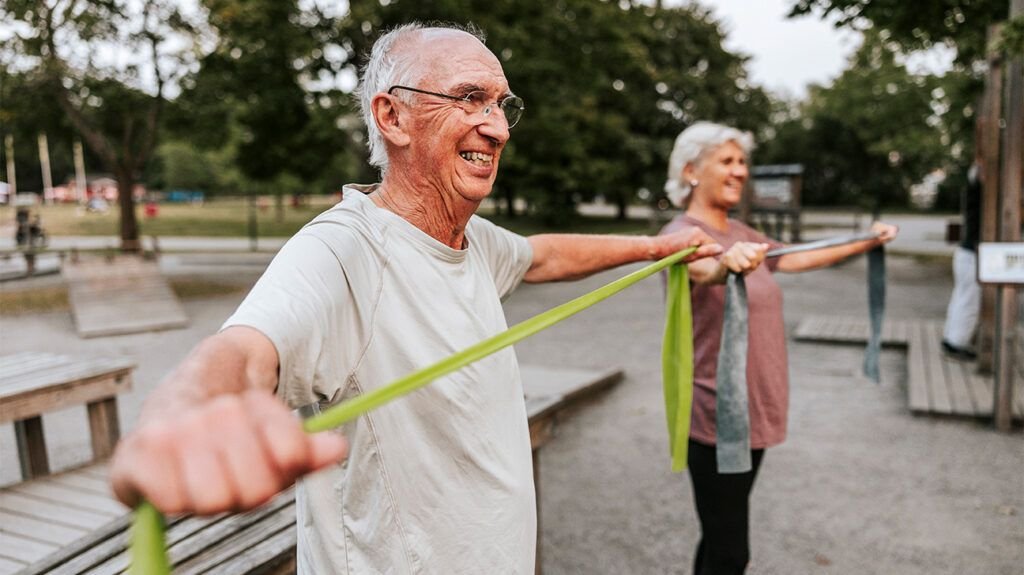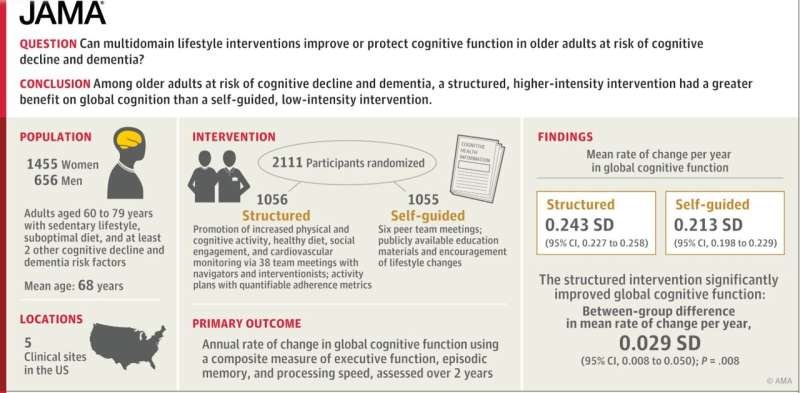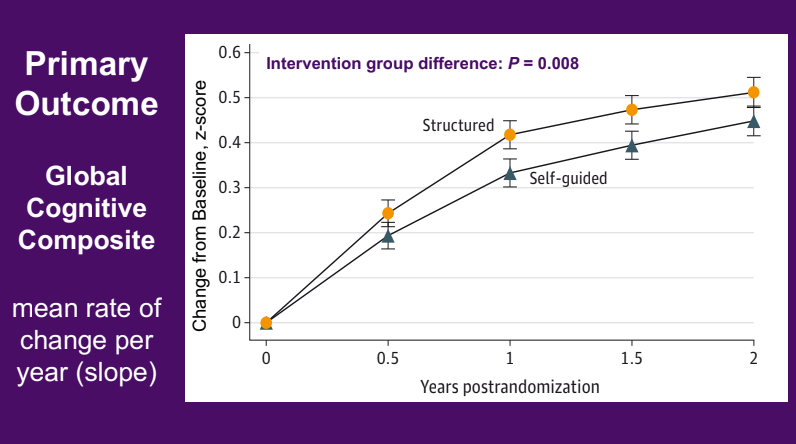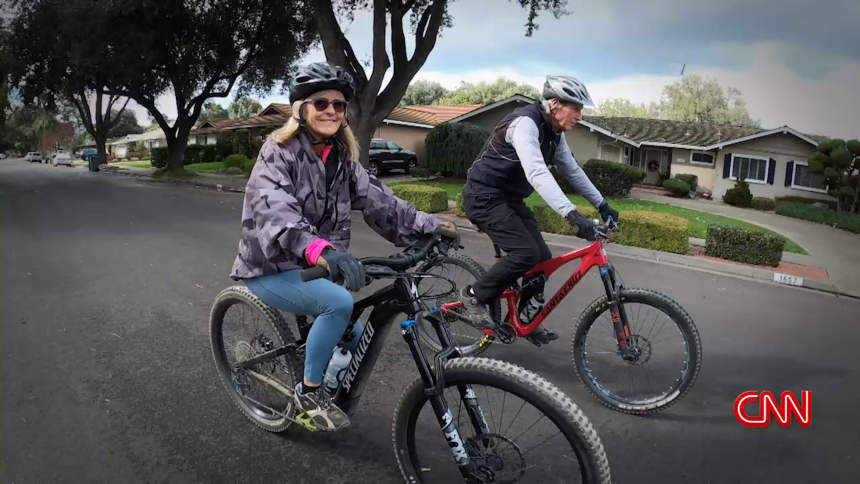Last Updated:
Due to the demands of modern jobs and a change in lifestyle and dietary habits, Gen Z and millennials are reporting more cases of kidney stones.

Dehydration is a major cause of kidney stones in young adults.
Kidney stones were once considered a middle-aged health concern. However, in recent times, an increasing number of young adults in their 20s and 30s are walking into clinics with symptoms of renal colic. Experts believe that the reason behind this is a concerning mix of dehydration, modern diets, poor gut health, and lifestyle stressors.
“Young people are now getting kidney stones much more commonly, and the most common reason is dehydration,” says Dr. Anil Kumar Varshney, Senior Director of Urology, Max Super Speciality Hospital, Shalimar Bagh, Delhi. “They’re consuming sodas, energy drinks, sugary beverages, tea and coffee – all of which lead to concentrated urine and increased risk of stone formation.”
A Sedentary Lifestyle And A Poor Diet
Modern work culture, marked by long hours at desks and target-driven pressure, has created a perfect storm. A sedentary routine coupled with frequent consumption of processed foods, animal proteins and high-sodium meals increases calcium and uric acid in urine, a known contributor to stone formation.
“It’s a lifestyle issue,” notes Dr. Varshney. “Obesity, which is rising among the youth, also results in higher excretion of calcium, uric acid and oxalates, fuelling stone formation.”
Healthy Foods, Hidden Risks
Interestingly, it’s not just junk food causing the problem. Popular “health” foods like spinach, beetroot, almonds and sweet potatoes are high in oxalates: compounds that, in excess, promote stone development.
“Young people are eating more salads, but foods like spinach and beetroot are rich in oxalates,” explains Dr. Varshney. “If the diet is also low in calcium, the body absorbs even more oxalates, increasing the risk.”
Supplements And Global Warming: Unlikely Culprits
The overuse of supplements, especially calcium, protein powders, and vitamin C, can contribute to stone formation as well. Meanwhile, rising temperatures due to climate change lead to insensible fluid loss, particularly in North and Northwest India. “Whether working indoors or outdoors, young people are not drinking enough water. Concentrated urine leads to saturation, and that’s where stones form,” says Dr. Varshney.
Lifestyle Changes To Incorporate
Dr. Varshney urges lifestyle corrections:
- Drink two to three litres of water daily
- Avoid oxalate-rich foods in excess
- Reconsider supplement use
- Prioritise gut health
- Minimise antibiotic misuse
- Stay active and eat balanced meals
view comments
- Location :
Delhi, India, India
- First Published:







